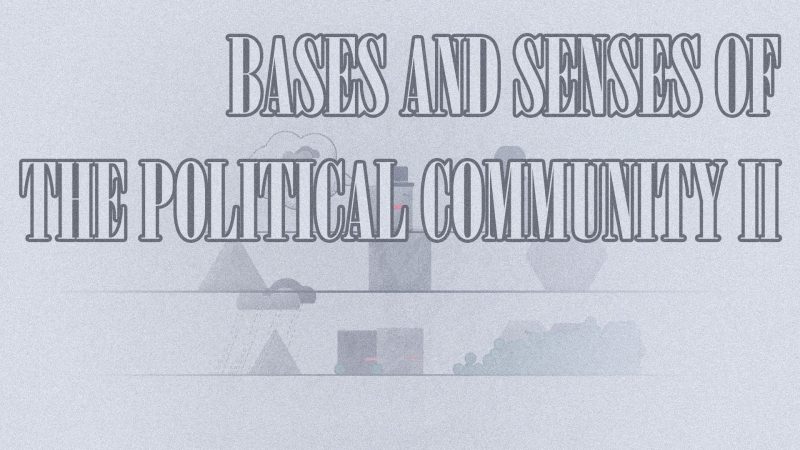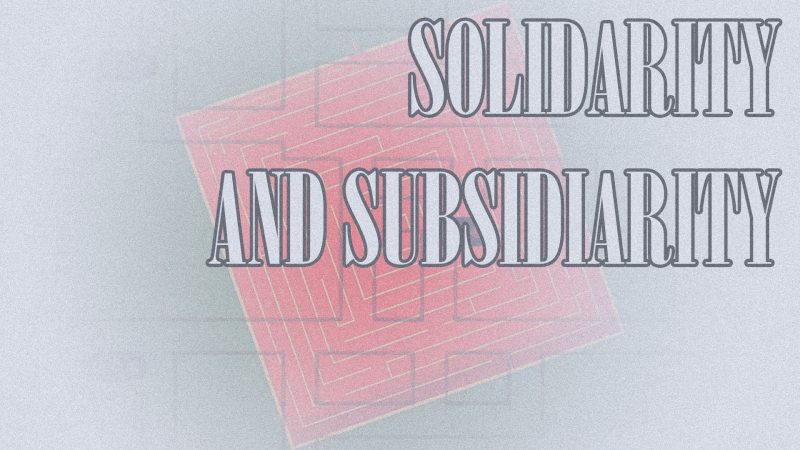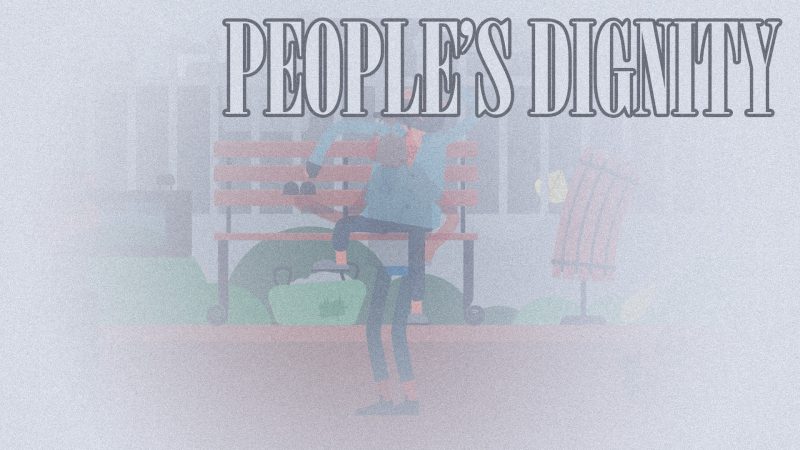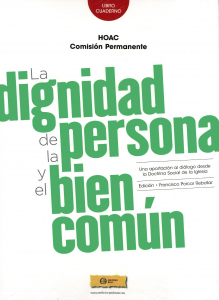Are the poor born in such a condition?
There are a lot of kind of poor (with no money, energetic poor, working poor…), but their existence is unnatural. Poor people are not grown from the earth like wheat.
What a harvest I have!
Better than speaking about poor is to talk about impoverished people because impoverishment is a structural injustice inside society; it is a political affair. We have normalized the existence of impoverished people; even, they are incriminated as if they were responsible for their own situation. If they exist we are denying the human dignity.
We can put on practice our social action in politics. In fact, politics is called to take care of both life and a dignified existence. Furthermore, it is called to be an instrument to build justice and people communion. Politics shouldn’t have on its center anything else than impoverishment eradication, aside from impoverished people needs and rights.
What we are talking about have several implications:
- To report impoverishment as an injustice situation. We have to unmask every structure which is triggering impoverishment.
- To prioritize the needs of impoverished people. If we don’t do that, it’s not possible to build justice nor social communion. We have to enlighten situations of impoverishment.
- To merge charity and justice. The impoverished pain can only be defeated if we feel it as our own pain. Without fighting for justice there is no love. Without love, there is no humanity.
- To reveal the link between the fighting against impoverishment, solidarity and universal destiny of goods. The way we organize economy should favor that each one of us could have whatever he or she needs to maintain a dignified life.
- To merge personal and structural dimensions inside fighting for justice. We need a social environment where it could be both normalized and possible the fighting against the injustice.
Impoverished people have to be turned into protagonists of social life. The battle against impoverishment cannot be won through paternalism and assistance.
The proposal for a new way of living, as individuals and in a community, has to be made through self-testimony. We need to promote a way of living opposing to that presented by our production and consumerist system. This one makes people individualistic and hedonistic.
In short, we have to fight the “Homo oeconomicus”.
To the Catholic church, human dignity is sacred. The existence of impoverished people is the denial of life and his sacred dignity. To Jesus, poverty is opposed to God’s Plan. It is the practical deny of that plan. To make the God’s will means to be next to the poor and to fight against their impoverishment, emphasizing their dignity.
DSI sentence
It is not just a question of eliminating hunger and reducing poverty. It is not just a question of fighting wretched conditions, though this is an urgent and necessary task. It involves building a human community where men can live truly human lives, free from discrimination on account of race, religion or nationality. It involves building a human community where liberty is not an idle word.
Paul VI, Populorum progressio n.47
Act
What do you think you have to change around you in order to achieve the goal of bringing impoverished people’s lives to the center of political life?
Download the PDF attached
Previous video:
Next video:
You Might also like
-
Bases and senses of the political community 2
The searching for common good demands the constant searching for others welfare the same way as the own welfare. This way, every form of social organization has sense according to the common good. That is, according to the creation of social conditions where self-realization of people can be achieved. There are two implications:
-
Solidarity and subsidiarity
The common good. Let’s imagine its searching as a labyrinth where we must reach the center. In that case, solidarity would be the very map and subsidiarity would be the marks inside the map. The hedonistic and individualistic society has deformed reality turning it into a good feeling without consequences on our way of living nor our social organization.
-
People’s dignity
Our dignity, who or what gives it to us? The money? The fame? The things? The laws? None of that. We have it since our birth. Each person is unique and he or she must be respected in his or her singularity. However, a lot of situations are fighting against that respect. Being unique does not mean clothing or speaking in one way or another.




